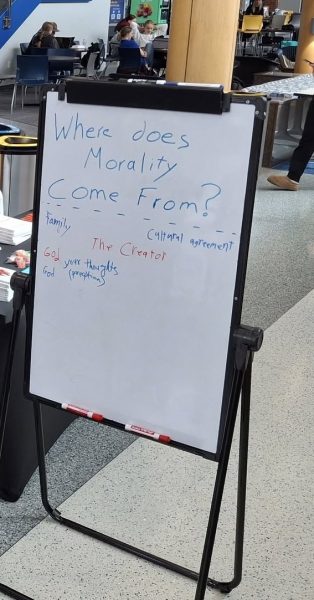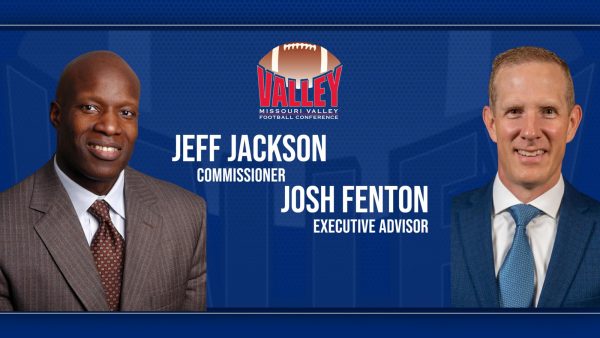Good Samaritan alcohol policy has potential to save students? lives
February 8, 2011
When people under 21 in South Dakota find themselves with a dangerously intoxicated friend, what do they do? Do they call 911 to seek medical help? Or do they choose to wait it out and hope for the best? It seems like the decision should be clear. If there is even a slight chance that your friend will die, you should seek help, right? RIGHT?!
Unfortunately, this decision is not so clear for most of our underage residents, as calling 911 comes with a different set of consequences as well. When 911 is called in Brookings for a medical situation where an ambulance is needed, the police will generally accompany the paramedics. When the police encounter the underage consumers of alcohol, they encounter a direct violation of state law, namely, that it is illegal for persons under the age of 21 to consume alcoholic beverages. While officers do have the discretion to cite the violation or not, they often choose to do so, even if the people in question were sincerely trying to help their friends.
What exactly are the consequences of receiving a minor consumption in Brookings County? Typically, they are a class 2 misdemeanor, a $120 or $240 fine, a court appearance, alcohol classes and associated tuition, a permanently tarnished criminal record and jail time if there is a previous offense
Clearly, underagers have a lot to consider when deciding whether or not to call 911, and unfortunately, most of it has nothing to do with safety. When one person is intoxicated to the point that it is difficult to breathe, usually those around him or her have joined in the festivities as well. If they have celebrated too much, it is often difficult for them to look at the situation objectively and realize that the cost of a minor consumption pales in comparison to the value of their friends’ lives.
As a CA for three semesters in Young Hall, I regularly heard of situations where students had driven an intoxicated friend to a hospital the night before while they themselves were intoxicated to avoid getting minors (interestingly enough, they didn’t come and tell their CA about it until after the fact). In other cases, people chose to “wait it out.” If they thought their friend was bad-off enough, they sometimes put their friend out in the hall and called 911 for him or her and then left the person lying on the floor to avoid prosecution for themselves.
Why would we want a law that encourages people to 1) ignore serious medical situations 2) leave seriously ill people lying alone in the hall and 3) drive drunk? To combat this situation, Students’ Association Senator Jameson Berreth and myself, along with a number of other senators and students, have been contacting state-wide interest groups and legislators since last October about introducing a Good Samaritan Alcohol bill into the South Dakota Legislature. With the help of Sen. Larry Tidemann (R-Brookings), the bill was introduced a little over a week ago as Senate Bill 141. The proposed law is very similar to a law which was passed in North Dakota a couple years ago, and basically states that people cannot be arrested or prosecuted for alcohol related offenses when they contact emergency assistance, or are the person in need of assistance. If you would like to read the actual bill and check up on its status, it can be found on the SD Legislative Council website at legis.state.sd.us/sessions/2011/QuickFind.aspx.
If this bill passes, those under 21 will no longer have to fear prosecution for calling 911 for alcohol related emergency medical help. Fortunately, we have Rep. Gene Abdallah, R- Sioux Falls, the former head of the South Dakota Highway Patrol, and Rep. Craig Tieszen, R- Rapid City, the former head of the Rapid City Police Department co-sponsoring the bill, which should help it pass. However, it still needs to pass through the Senate Judicial Committee, the Senate floor, and the House.
The next step will take place at 7:45 a.m. Feb. 17 when we will testify in defense of the bill in front of the Judicial Committee in Pierre, which brings me to my reason for writing this article. If you, our reader, know of any of the specific cases when this law would have saved a life, we would love to hear from you! Even if you know of a news story or an incident that you weren’t directly connected to &- it will all help! We will need to bring convincing evidence before the committee if this is to pass, and to do this we need your help! If you think you can help, free to call my cell phone at 507-220-0506 or send me an email at mjyork@jacks.sdstate.edu. Thank you for your help, and stay tuned!
Mark York is a SA senator and is running for SA president. Reach him at





















